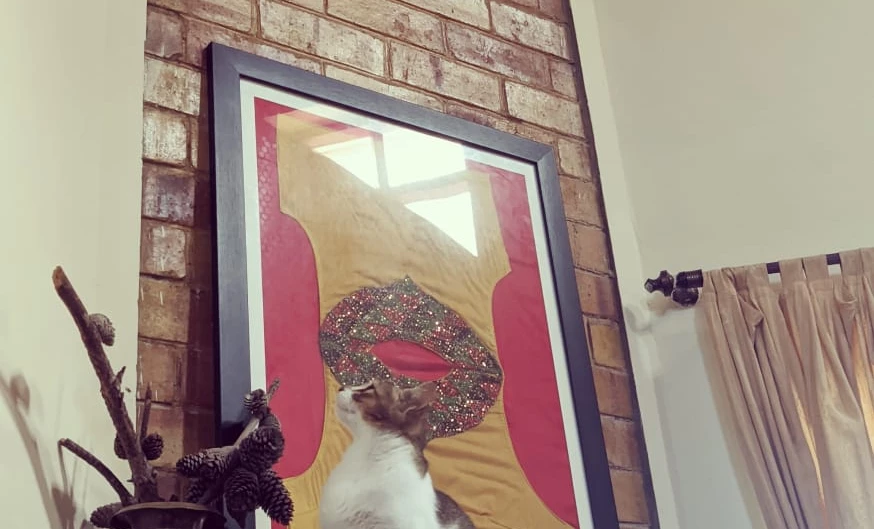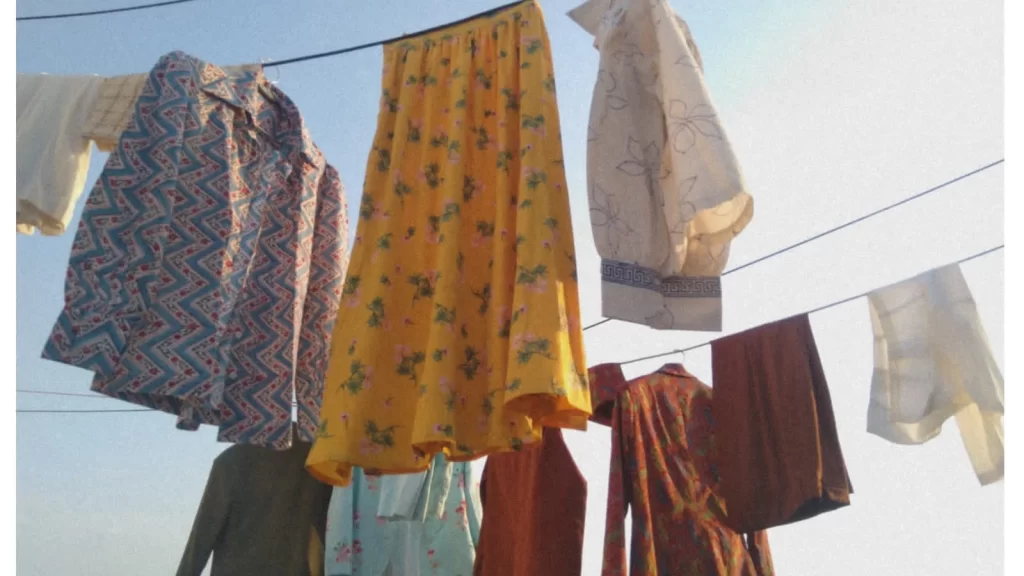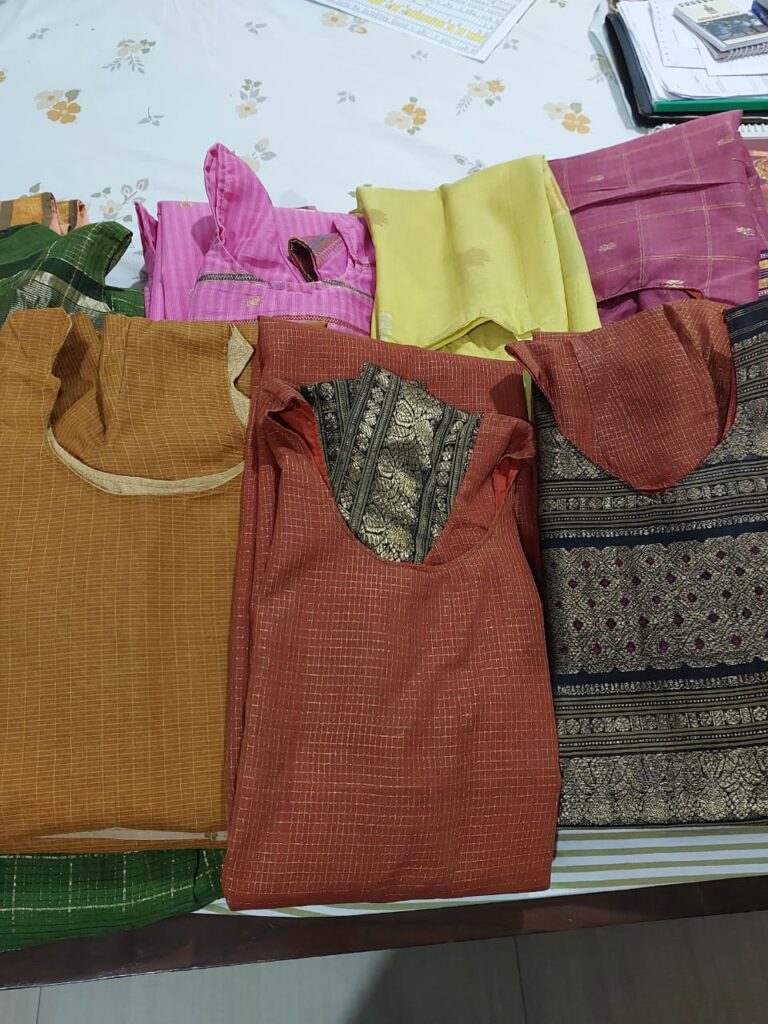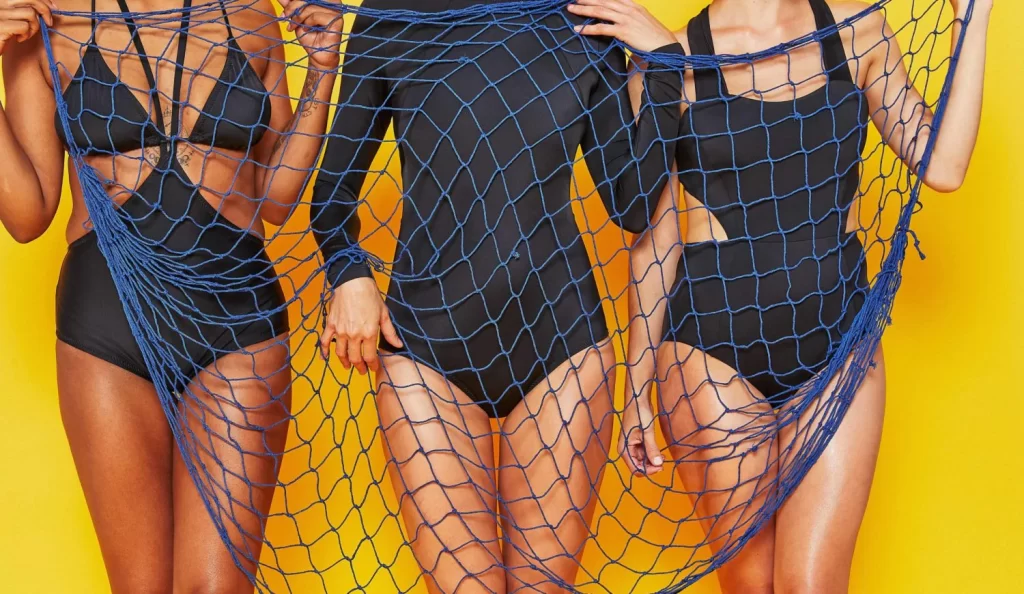The Ethical Maximalist
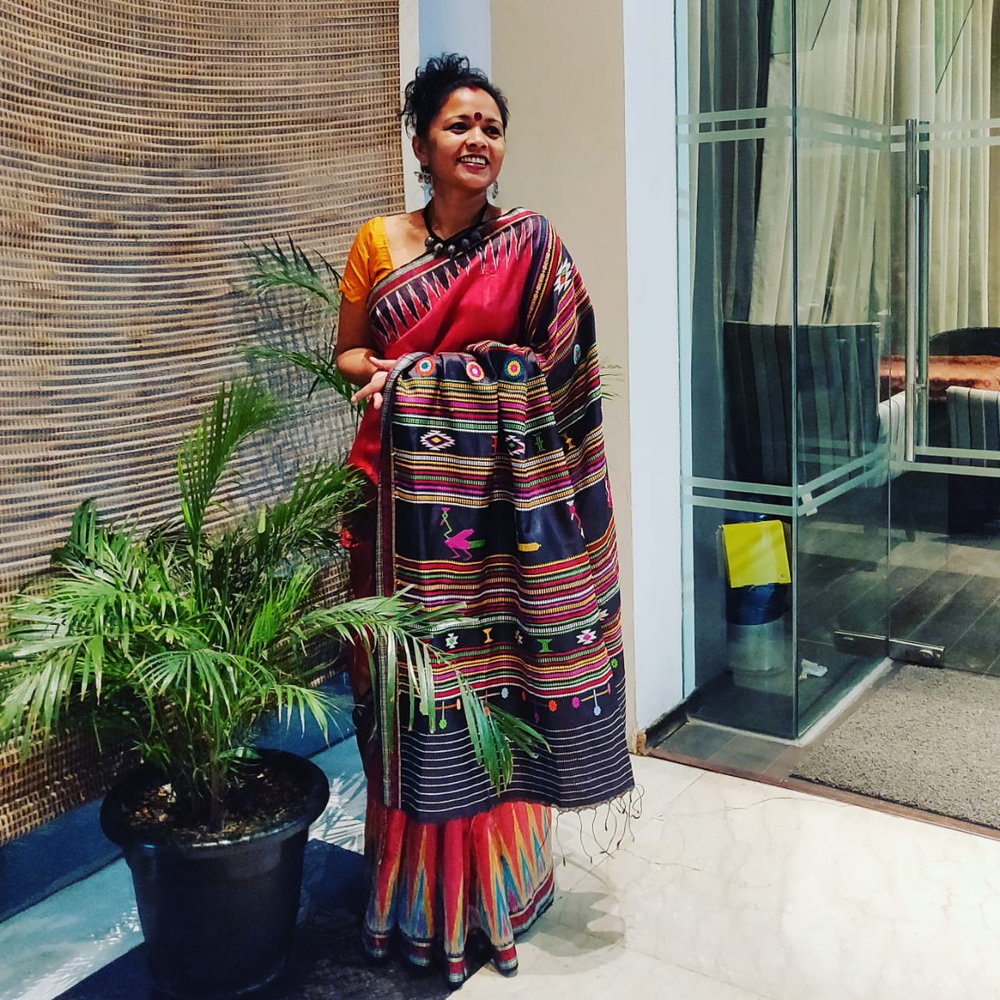
Writer and entrepreneur Smriti Lamech has a closet full of pretty things, a home bursting with colour, and a heart full of love towards the planet and its people. Because no, these are not mutually exclusive!
For a while now, the popular belief seems to have been, sustainability equals minimalism. That less is more. That, to lead a truly sustainable life you need must have only the bare minimum. If you’re starting out with an empty closet, this may just be true. But how do you navigate through piles of clothes? How do you figure sustainability? Moreover, who decides what is a sustainable style of dressing (and living), and what isn’t?
You do. And therein lies the beauty of a conscious closet. There are no rights or wrongs, just a journey where we’re trying to be better versions of ourselves.
We spoke to Lamech, Founder of The Smritsonian, a feminist crafts initiative, to better understand her brand of responsible fashion, and bring to you inspiration that may nudge you along your personal journey of style, ethics and conservatism. Here’s what she said.
‘Sustainability is what you can sustain’
This really is the crux of the matter. Sustainability is a commitment. You have to be able to sustain it and it has to sustain you. “Whatever I commit to, has to suit me and my needs,” Lamech elaborates. “I knew someone who stopped using their car, and were left exhausted. That’s the opposite of sustainable!” If your job demands you dress a certain way, do it but in the least damaging way. As Lamech analogizes, ‘Give up your car, but two days a week—or three—not every day!”
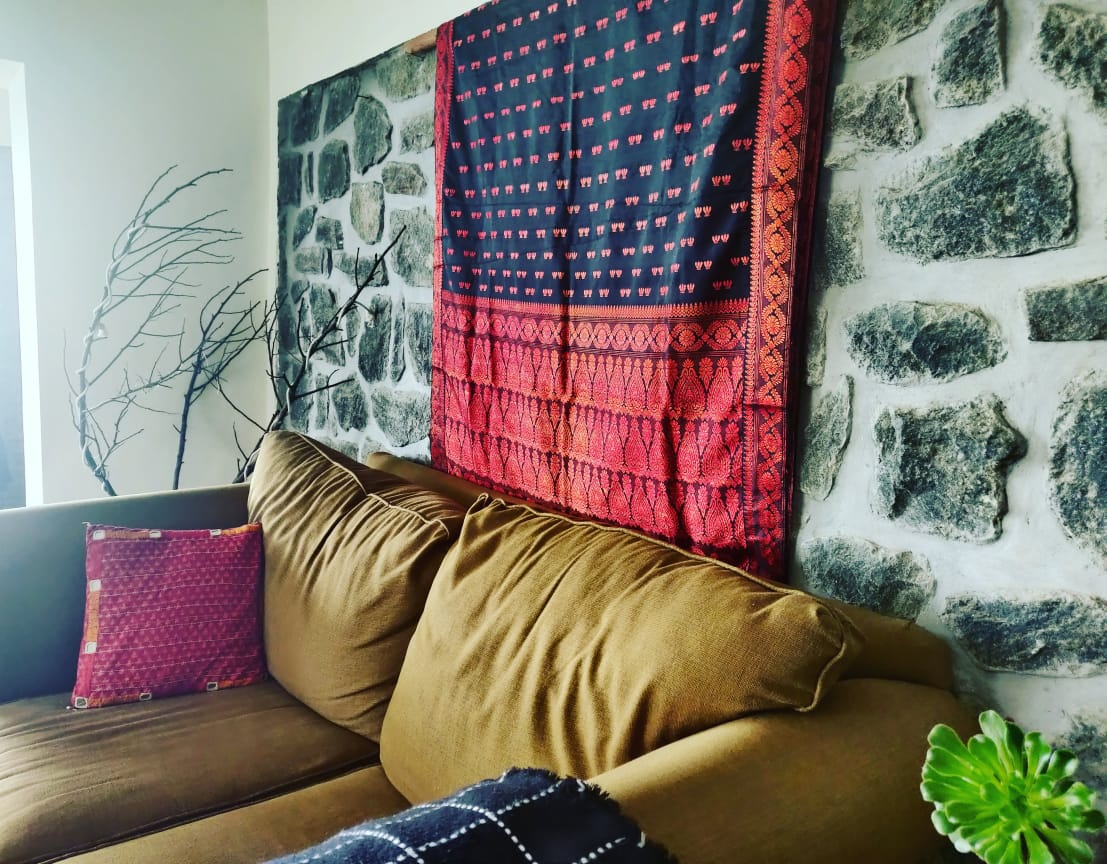
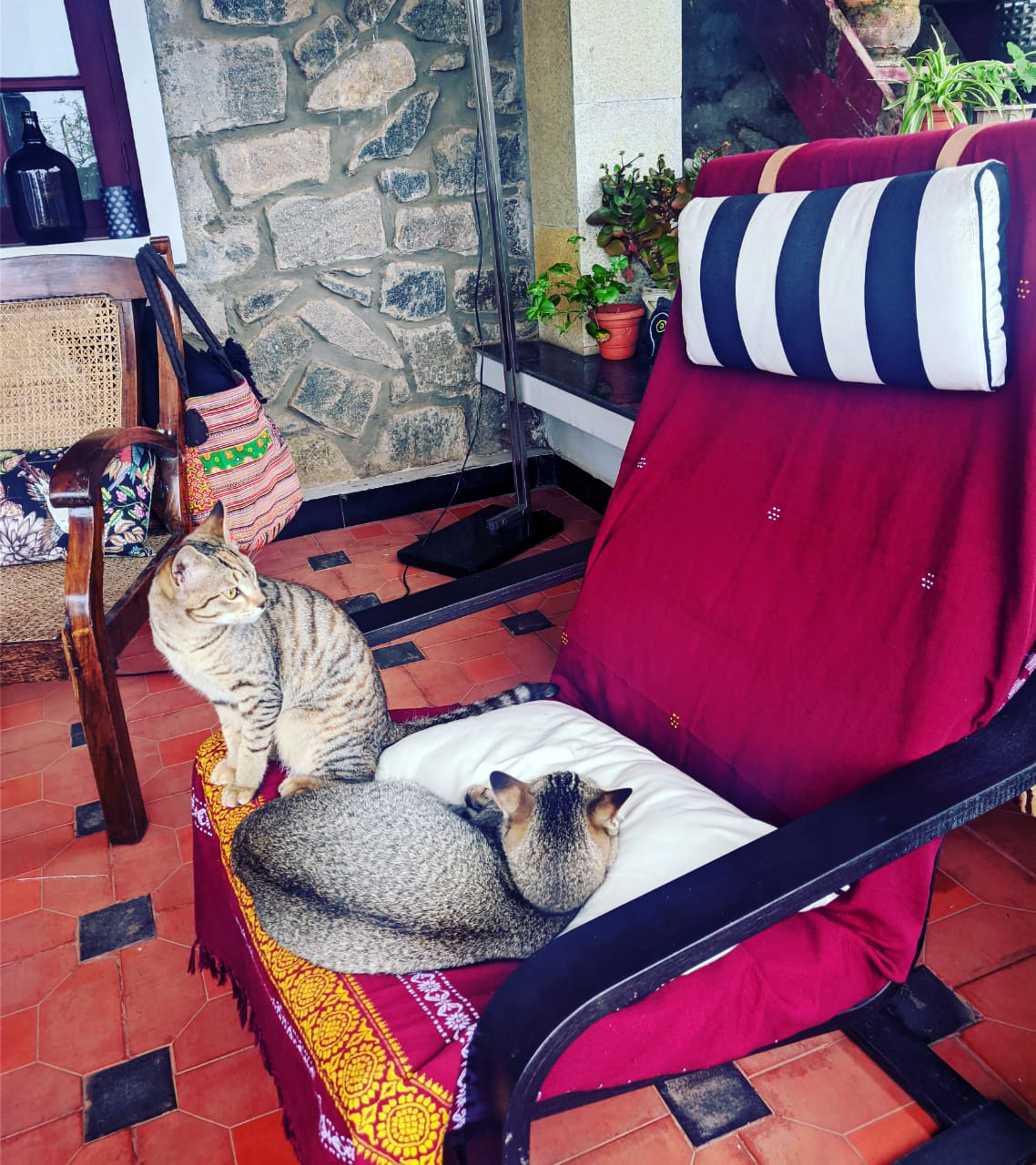
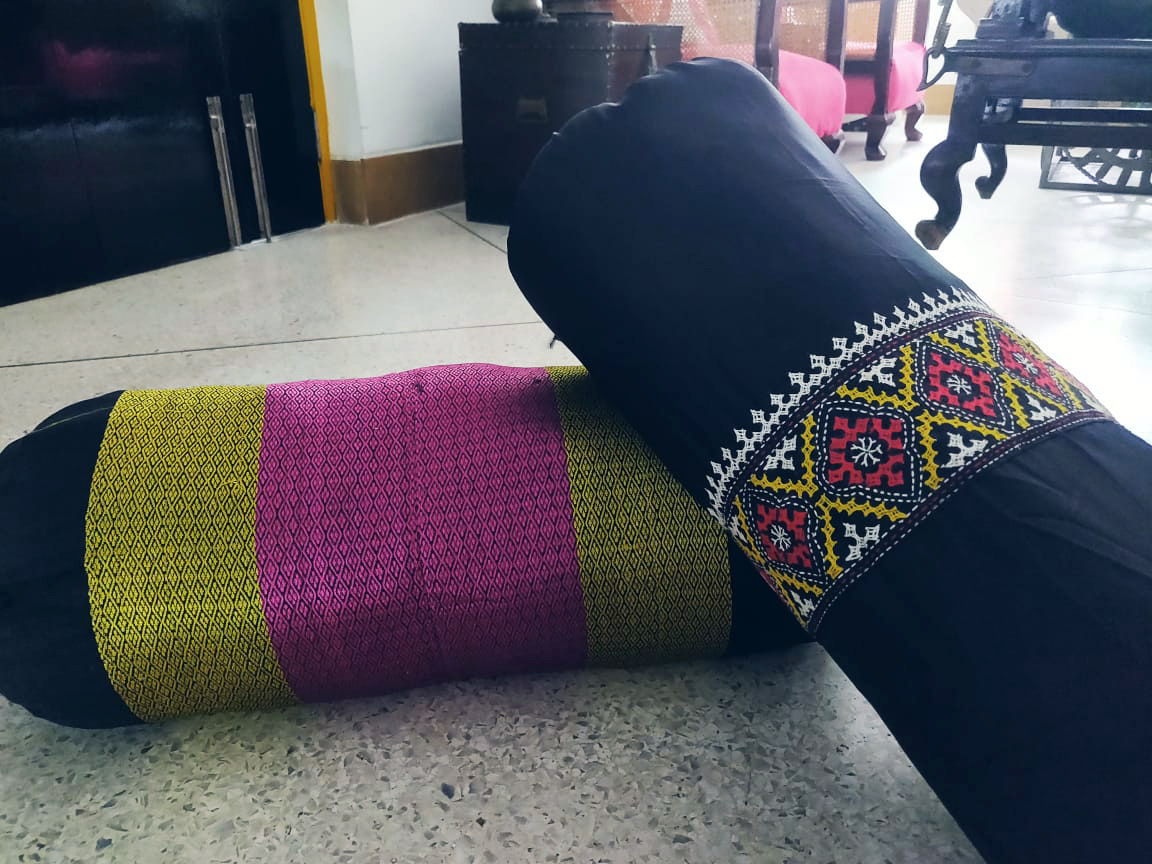
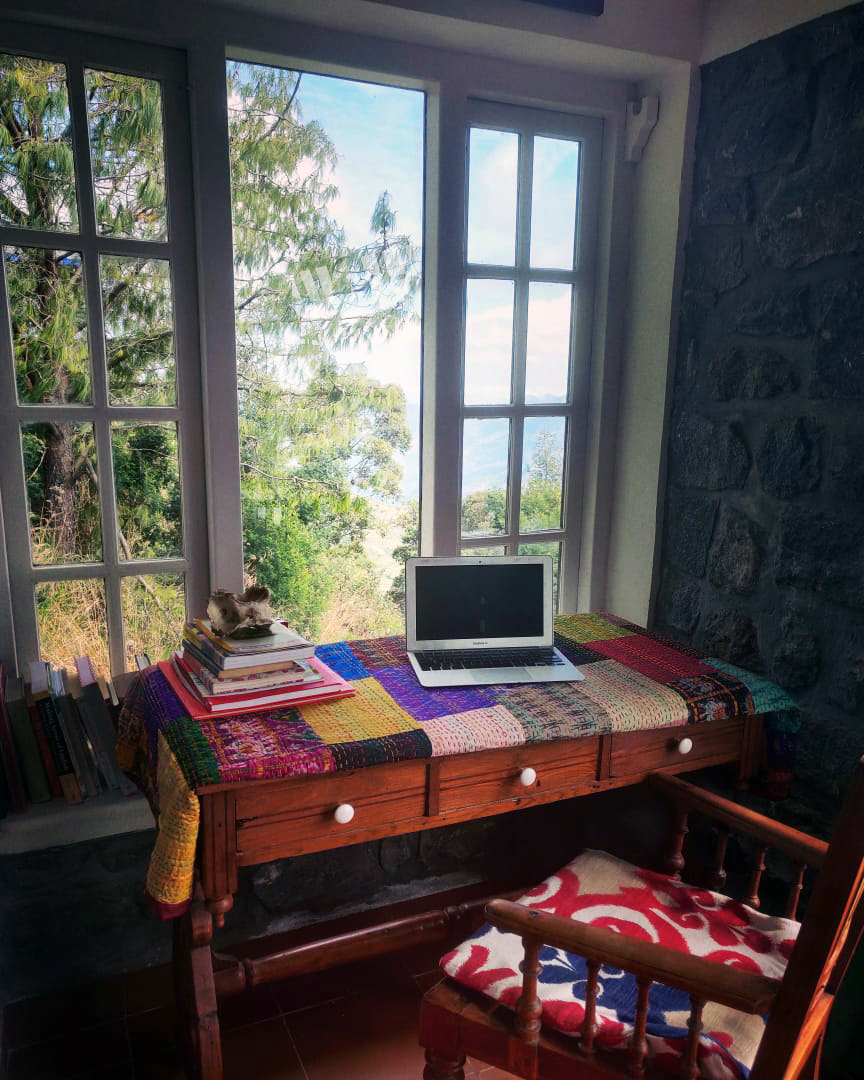
‘Sustainable fashion is timeless’
Organic doesn’t necessarily translate to sustainable. “I’ve come across brands that use beautiful, certified-organic fabrics, but their designs are trend-based,” she elaborates. “They may not work for me or I may tire of them.” Essentially, consider the rule of 30 wears. Even better, think 100 wears, or if you’ll still wear it when you’re 60!
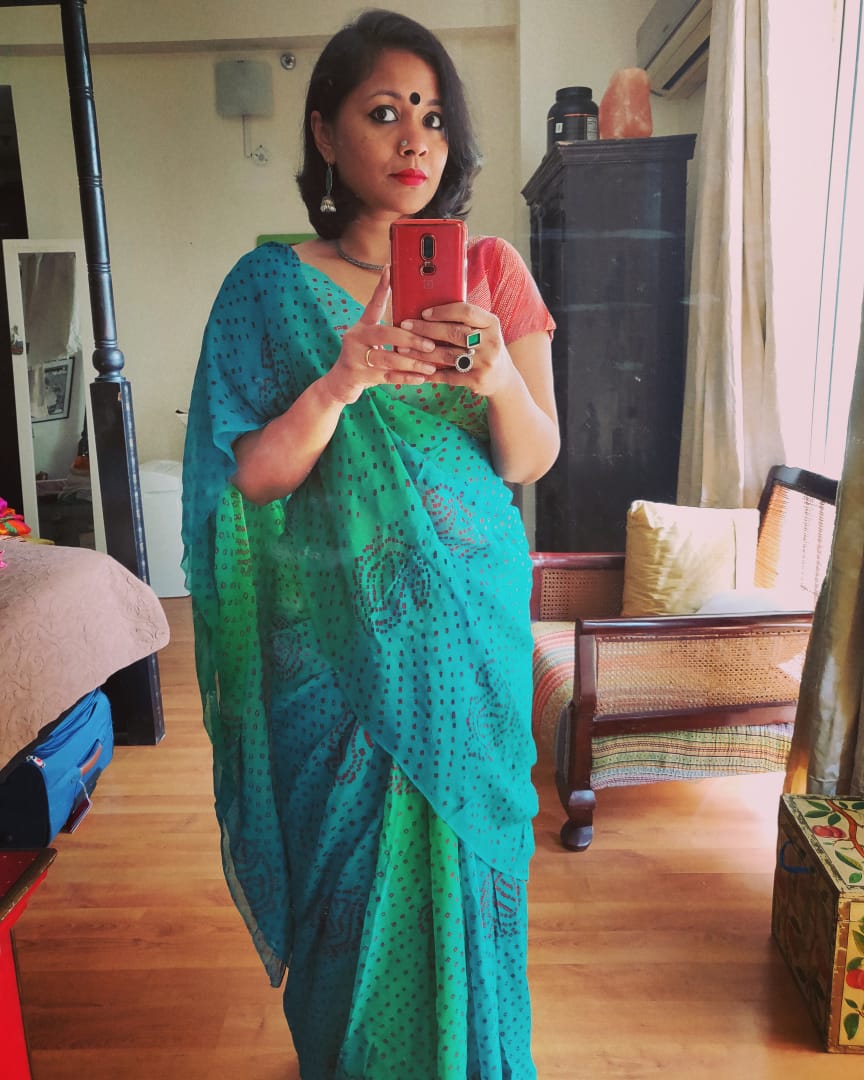


‘Don’t fall for capsule collections’
“Do you really see yourself living the rest of your life in just those 5 basics?” Lamech questions. Be reasonable. There is no catchall to sustainability. Again, consider your likes, dislikes, personal style and how you see yourself. Besides, most pieces for capsule collections will inevitably come from fast fashion brands!
‘Be judicious with fast fashion’
Fast fashion is evil. We all know that. But sometimes, there’s just no getting around it. Indie brands are still trailing when it comes to certain basics. “If you’re stuck because you can’t find a certain piece anywhere else, cut yourself some slack,” says Lamech.
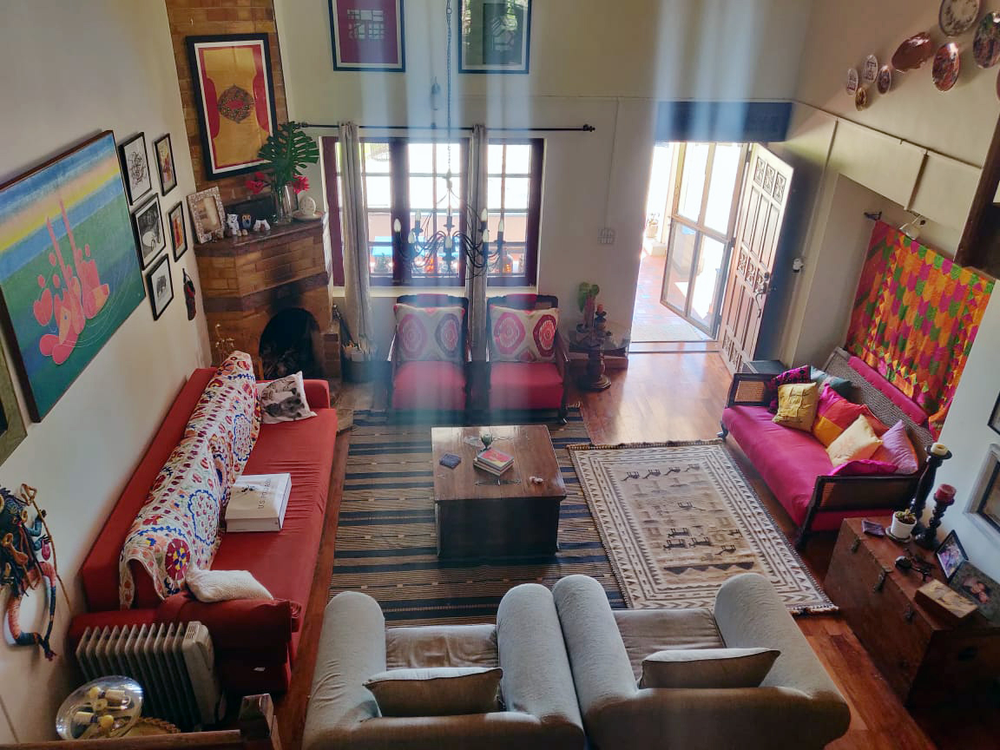

‘Minimalism does not equal sustainability’
Let’s say you own just one bag, but that bag was made of unethically-sourced material, using slave labour, and flown halfway across the world… Sustainable, you say? “Sustainability has more to do with what you own—what went into it, the story behind it, how it was made and, most importantly, what you do with it,” asserts Lamech. She describes her own style as being eclectic and maximalist, even cluttered. “But a lot of what I own has been gifted to me, or is inherited,” she reveals. “I’ve had family friends gift me veritable treasures because they were convinced I would look after them and cherish them. And then there are family heirlooms I took for granted as a child, but whose true worth I realised later in life. You can’t let go of these in the name of minimalism—where will these items go, what will become of them? These are questions you need to ask yourself.”
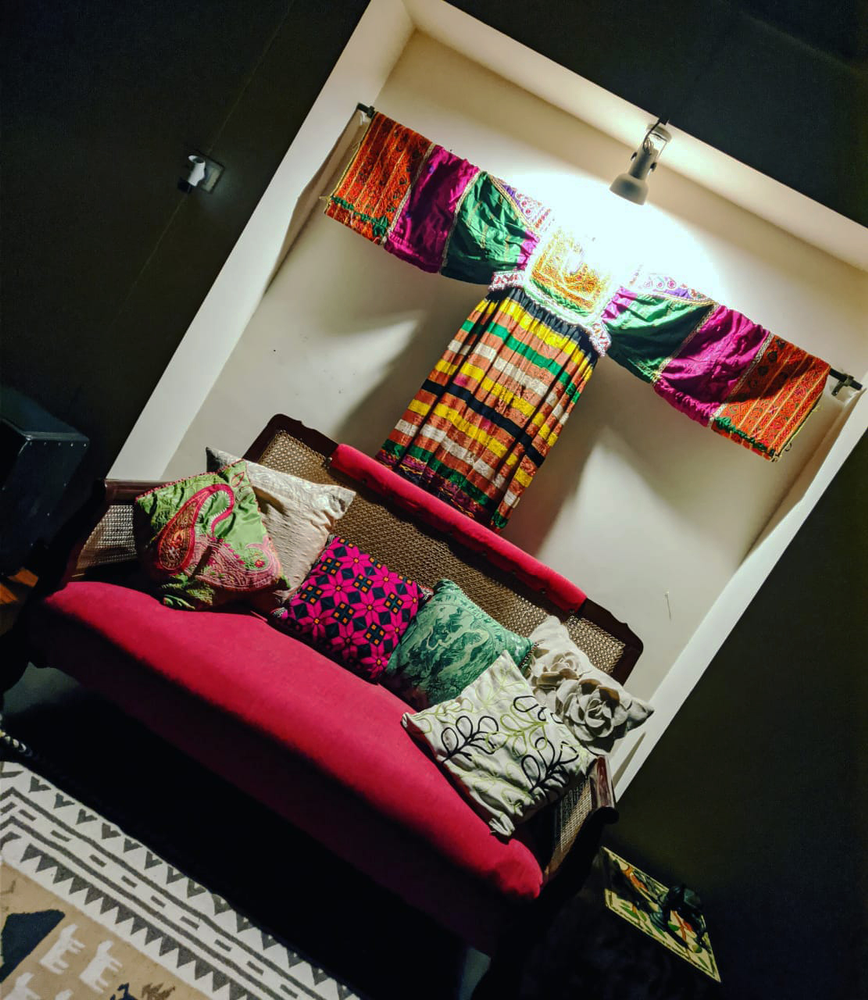
‘Think out of the box’
“Much of what I own is upcycled, recycled or repurposed,” Lamech tells us. “I find some use for everything—a shawl to cover up a faded seat, old bags as magazine holders, dupattas as table cloths, saris as wall hangings, there is a place for everything. In fact, in my current home, I put up an Afghan bridal dress as décor.” Interestingly, it is her love for repurposing things that led to the founding of The Smritsonian. Lamech was looking for a tailor to make her some cushion covers from unused blouse pieces, when she stumbled upon Prowess, a women’s self-help group in Kodaikanal, where she currently resides, who had been badly hit by the lockdown. They were struggling to make ends meet, and when Lamech met them, her longstanding desire to make feminist toys began to take shape, and The Smritsonian was born. “I don’t go to a spa, I sit with a tailor,” she laughs. “That’s my idea of me-time!”
‘Show your wardrobe some TLC’
“I give a lot of time, care and attention to my belongings,” Lamech says. “I’m very meticulous about maintaining my stuff—from regularly airing out my things to refolding my clothes so they don’t cut along the creases, to rolling my saris and storing them with utmost care.” The more you care for them, the longer your clothes last, the more you’ll be able to wear them, the greener your wardrobe becomes.
‘Watch your footprint’
“As far as possible, I source and buy locally,” Lamech says. But reducing wastage is an important part of her life. “If I’m not using something, I give it to somebody else who I’m sure will appreciate it. And of course, I look for ways to upcycle scrap.” Even at The Smritsonian, Lamech is looking for ways to minimize waste and reuse scraps, like in Savitribai’s (one of her super-popular dolls is a replica of Savitribai Phule) slippers. “I’d love to see a day when I’m able to make the entire doll from waste, but given the restrictions I’m currently operating with, we have a while to go before that happens,” she signs off.

